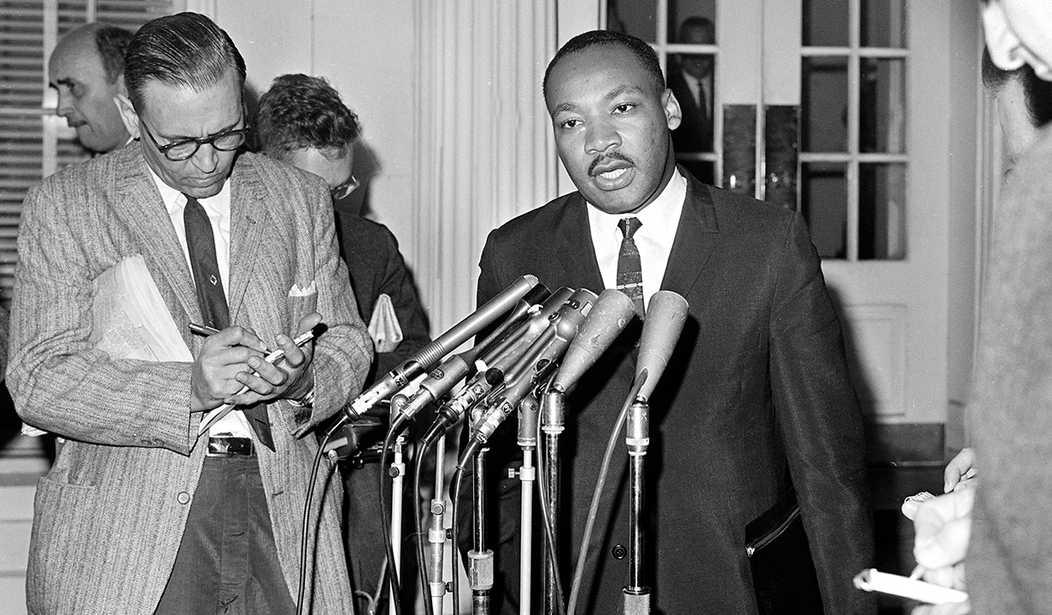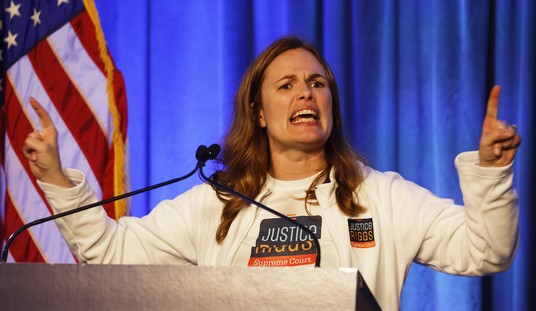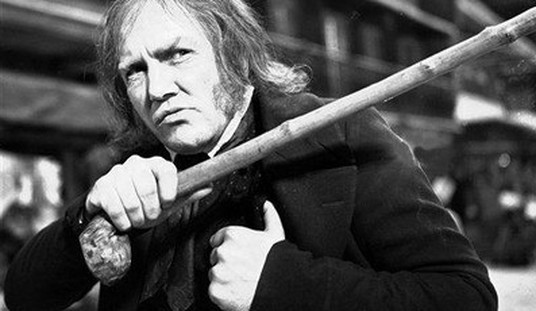The opinions expressed by contributors are their own and do not necessarily represent the views of RedState.com.
On this Martin Luther King, Jr. Day, we rightfully pay homage to a man who dedicated his life — and ultimately gave it — to seeking justice and equality for Black America. Today, nearly 55 years after MLK was assassinated in Memphis, Tennessee, his legacy remains. But what exactly is that legacy?
That depends on who recalls Dr. King’s legacy and for what purpose(s). Let’s look at two views.
The First View
MLK’s legacy has become somewhat clouded by the radicalism of so-called “Critical Race Theory” and the ad nauseam drumbeat of “White Supremacy” and “systemic racism” — from the no-longer-hallowed halls of academia to the White House to our public school systems, the “mainstream media,” and beyond.
As a result, questions beg to be asked:
Is Martin Luther King, Jr. still relevant in today’s discussion about race? Is his famous “I Have a Dream” quote, “I have a dream that my four little children will one day live in a nation where they will not be judged by the color of their skin but by the content of their character,” still the goal of racial activists?
While I pray that the answers are “yes,” or will be again one day, I can’t answer them, and I doubt that anyone else can do so — objectively, that is.
In 2023 America, Dr. King’s dream of a truly colorblind American society has become anything but. The race-hustling industry is bustling, and race-baiters like MSNBC’s Joy Reid, former MSNBC host Tiffany Cross, Reps. Sheila Jackson Lee and Maxine Waters, and Joe Biden, regularly remind us of the threat of “racism” and “White Supremacy” to the very existence of America as we know it. [sarc]
So here’s a philosophical question: What would Martin Luther King, Jr. think about today’s state of race-related affairs, in particular, the left flipping his famous “not be judged by the color of their skin but the content of the character” quote on its head? I ask that question with respect to people of all colors.
The Second View
Let’s begin with a 2018 piece from The Washington Post in reference to race hustler Michael Eric Dyson:
Guardians of King’s legacy — such as the radical sociologist and activist Michael Eric Dyson — cringe at this depiction. They complain that the media focus on anodyne excerpts from King’s famous “Dream” speech, which distort his true message and legacy: an urgent demand for long-overdue economic justice and power.
Dyson and other public curators of King’s memory appropriately remind people that King pursued a distinctly leftist program, including alliances with a then-powerful labor movement and a militant dedication to equality in housing and the criminal justice system — two areas where racial inequalities have in many ways become more pronounced than they were in King’s day.
King believed that his “militant,” “coercive” and “realistic” version of nonviolence overcame the weaknesses of pacifism and passive resistance. Perhaps more important, King sensed that his tactics would appeal to practical masses of black Southerners who knew that trying to shoot their way to victory was suicide. They were vastly outnumbered and outgunned.
His tactics also provided a method for forcing change at a time when the experience of protest had radicalized the black masses. Facing death in many places, black activists had to rely on their own ranks and their own individual power and fighting spirit.
Tyler D. Parry (not to be confused with actor-filmmaker Tyler Perry), an “expert on the colonization of the Americas, the African diaspora, and the historical memory of slavery in the United States,” wrote, in a 2021 Black Perspective op-ed titled Critical Race Theory and the Misappropriating of Martin Luther King, Jr.:
As debates over Critical Race Theory overtook public discourse throughout the Summer of 2021, conservative commentators followed a familiar pattern of invoking a sanitized version of MLK’s legacy that relies upon a selective reading of his many public speeches.
The tactic transforms King from a radical civil rights activist who criticized capitalism, US imperialism, income inequality, and white supremacy, into a harmless symbol who simply wanted Americans to transcend race and imagine that racial inequities are a problem of the past.
Thankfully, scholars and left-leaning activists have not been silent on these misrepresentations. MLK’s daughter, Bernice King, has confronted [conservatives], noting how [they] grossly misrepresent both her father’s legacy and the lessons of CRT.
[MLK] bluntly stated: “As a first step toward the journey to full equality, we will have to engage in a radical reordering of national priorities.” In similarity to many CRT scholars, King critiqued complacent white people who benefit from structural racism while denying that they are themselves “racist.”
He noted that America still has a “debt of justice” it must pay to its Black population [and] he advocated for a “guaranteed income.”
As I suggested, I make no judgments, here, nor do I come to a conclusion about the life and legacy of Martin Luther King Jr. Rather, my objective is to present the views of others more “qualified” to provide theirs.
Perhaps Randal Maurice Jelks, a professor of African and African American Studies and American Studies summed it up best in a 2007 op-ed. Best, that is, in 2007:
Erecting a monument for Martin Luther King, Jr. on the National Mall in Washington will honor a great American. However, when it is built, the powerful message that King delivered to his contemporaries will be diluted by effusive rhetoric obscuring historical reality.
The reality is that Martin Luther King held revolutionary ideals rooted in the 18th-century vision of freedom and equality and grounded by a Christian theological vision of social justice. He recognized that many before him had paved the way for him and his contemporaries to take up the fight for freedom and equality. He felt duty-bound to keep antiracist protests … alive in the United States.
King and his generation did not fully succeed in their efforts to eradicate poverty and end racial disparities in the United States. Nevertheless, they broke the yoke of America’s version of racial apartheid, King and his generation did not fully succeed in their efforts to eradicate poverty and end racial disparities in the United States.
Nevertheless, they broke the yoke of America’s version of racial apartheid, which makes the United States a better country today than at the time of his death.
What about the professor’s last observation? I have thoughts.
The Bottom Line
“…. which makes the United States a better country today than at the time of his death.”
Is that statement still true, as Jelks declared in 2007? From a racial perspective, that is? If not, where should the blame be placed? The answers aren’t easy, nor are they absolute.
That said, the Democrat Party, aforementioned race hustlers, and no-longer-hallowed halls of academia continue to do their damnedest to divide America along racial lines — and they’re not doing a bad job of accomplishing their goals.














Join the conversation as a VIP Member